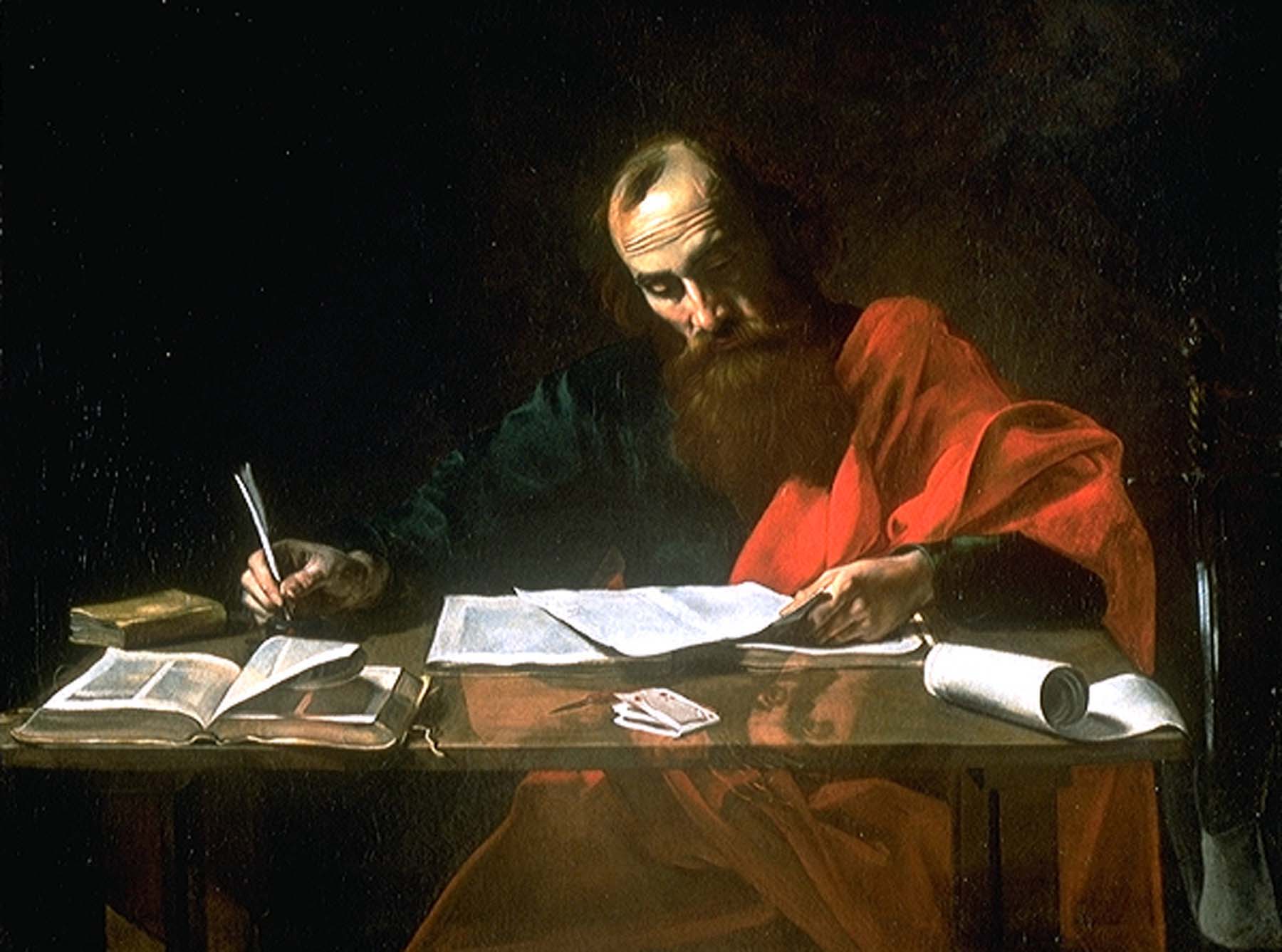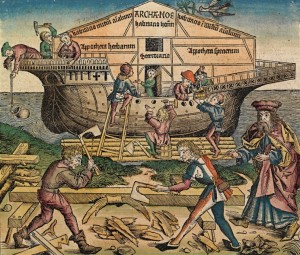This point, of the rejection of Christ, is the second point in my little Advent mediation today. Here is the passage first.
John 18:15-27
Douay-Rheims
15 And Simon Peter followed Jesus, and so did another disciple. And that disciple was known to the high priest, and went in with Jesus into the court of the high priest.
16 But Peter stood at the door without. The other disciple therefore, who was known to the high priest, went out, and spoke to the portress, and brought in Peter.
17 The maid therefore that was portress, saith to Peter: Art not thou also one of this man's disciples? He saith: I am not.
18 Now the servants and ministers stood at a fire of coals, because it was cold, and warmed themselves. And with them was Peter also, standing, and warming himself.
19 The high priest therefore asked Jesus of his disciples, and of his doctrine.
20 Jesus answered him: I have spoken openly to the world: I have always taught in the synagogue, and in the temple, whither all the Jews resort; and in secret I have spoken nothing.
21 Why asketh thou me? ask them who have heard what I have spoken unto them: behold they know what things I have said.
22 And when he had said these things, one of the servants standing by, gave Jesus a blow, saying: Answerest thou the high priest so?
23 Jesus answered him: If I have spoken evil, give testimony of the evil; but if well, why strikest thou me?
24 And Annas sent him bound to Caiphas the high priest.
25 And Simon Peter was standing, and warming himself. They said therefore to him: Art not thou also one of his disciples? He denied it, and said: I am not.
26 One of the servants of the high priest (a kinsman to him whose ear Peter cut off) saith to him: Did I not see thee in the garden with him?
27 Again therefore Peter denied; and immediately the cock crew
One can assume that fear prompted St. Peter into denying Christ. Peter did not want to be crucified as well. That could have happened, although St. John, who stayed around Christ, was not arrested.
What is it about suffering which makes people want to run away? The great saints all suffered, but in our climate of comfort, these saints may have been ignored by Catholics today.
The list is long.
The second reason St. Peter could have desired to avoid suffering, besides his desire not to experience physical pain himself, was that he simply did not love Christ enough to stay with Him.
Most of us have loved someone. We want to be with that person even in dark times. But, that means giving up our own comfort zones, our own expectations.
It means joining with and in the suffering of another.
for love is strong as death, states Song of Songs 8:6.
But, if we do not love, we shall daily, hourly flee death. I am convinced that the cult of conformity has destroyed the once strong Catholic ability to stand back from daily temptations to forget Christ and follow Him. Most are following the world, the flesh, and the devil.
I am going to write a long mini-series on preparing for death, something Catholics use to think about daily.
This practice died after the changes following Vatican II. Sadly, with the heresies of communism, socialism, materialism, consumerism, utopianism taking over the imaginations of so many Catholics, the real Gospel message has been forgotten.
Love creates the life of the kingdom of God, not politics, not the avoidance of suffering.
To be continued....

.jpg)











